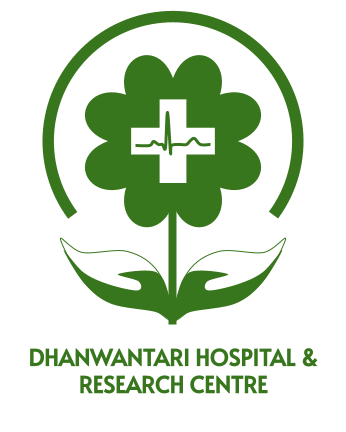TEST LAB
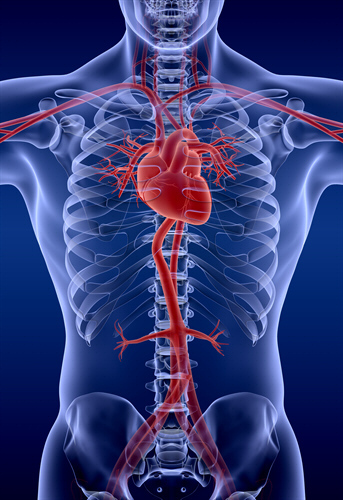
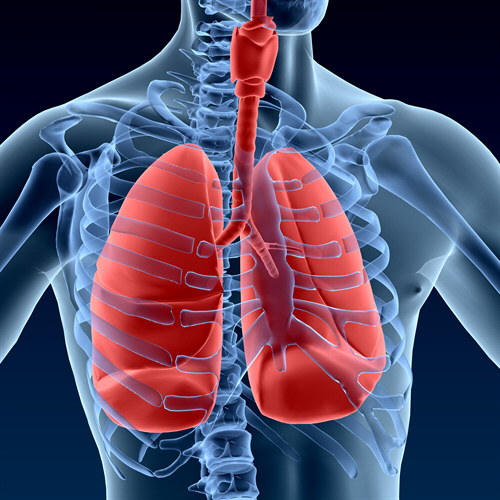
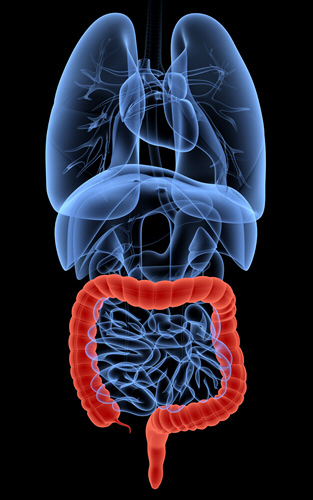
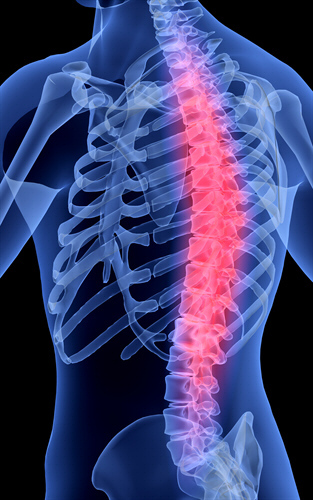
Many different tests exist to detect and measure almost any type of chemical component in blood or urine. Components may include blood glucose, electrolytes, enzymes, hormones, lipids (fats), other metabolic substances, and proteins.
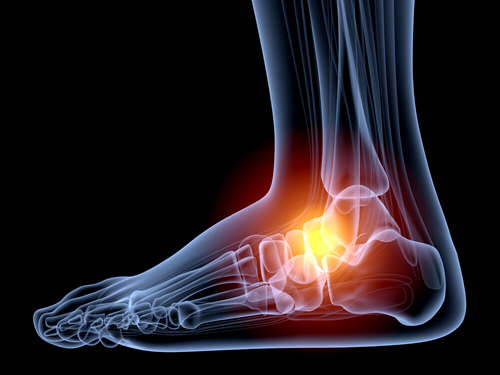
Test by Health Risks
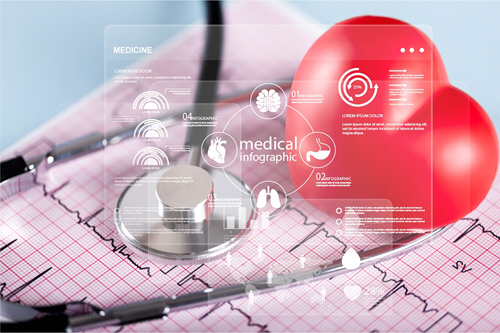
Heart
Heart imaging tests take pictures of your heart or its arteries or blood vessels to help your doctor see whether there are any problems. Test include Cardiac CT scan, Coronary calcium scan, Cardiac MRI, Carotid ultrasound, Nuclear heart scan, Echocardiography, ECG
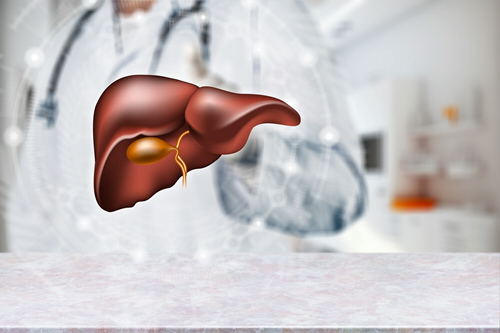
Liver
Liver function tests (also called a liver panel) use a sample of your blood to measure several substances made by your liver. The most common liver function tests measure: Albumin, Total protein, ALP, ALT, AST and GGT Bilirubin, LDH ,PT
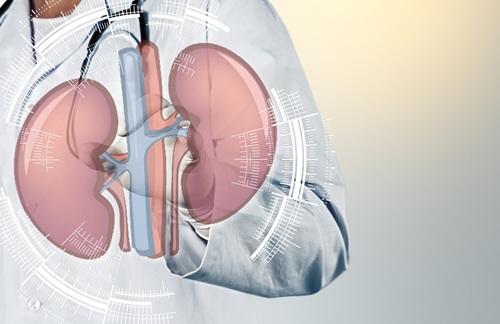
Kidney
Early kidney disease usually doesn’t have any symptoms. Testing is the only way to know how well your kidneys are working. Get checked for kidney disease if you have: diabetes/ high blood pressure/ heart disease or a family history of kidney failure

Thyroid
Health care professionals use thyroid tests to check how well your thyroid is working and to find the cause of problems such as hyperthyroidism or hypothyroidism. It is a small, butterfly-shaped gland in the front of your neck that makes two thyroid hormones:
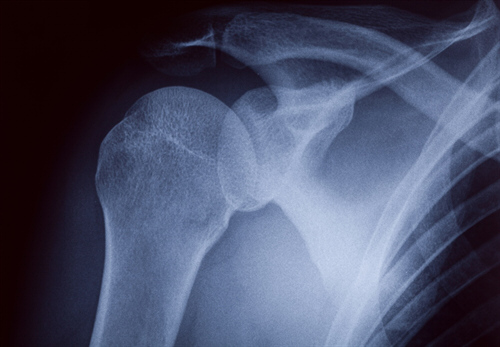
Bone and Joint
Bones fractures/ other injuries, or osteoarthritis, infections or cancer. Various tests and examinations can help to find out what is causing problems in the bones and joints. test include X-ray examinations, Computed tomography , Magnetic resonance imaging (MRI), (bone densitometry)
Test by Health Risks
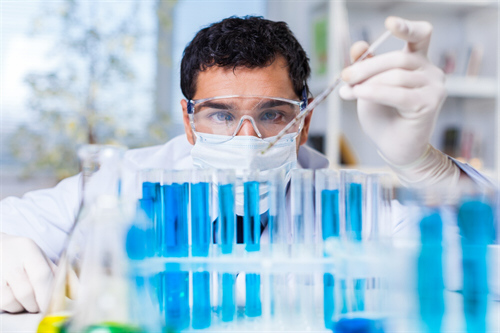
Alcohol
Testing for alcohol poisoning. A condition that can happen if blood alcohol level gets very high after drinking large amounts of alcohol. Young children can also get alcohol poisoning from drinking household products that contain alcohol, such as mouthwash and certain cold medicines.

Allergy
During allergy skin tests, the skin is exposed to suspected allergy-causing substances, called allergens, and then checked for signs of an allergic reaction. Along with a medical history, allergy tests may be able to confirm whether a particular substance a person touches, breathes or eats is causing symptoms.
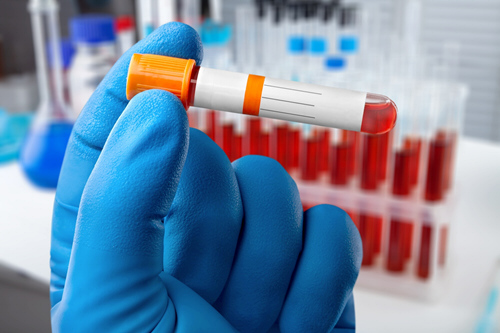
Anemia
Experts may ask you about your medical and family history, do a physical exam, and order blood tests. Tests might include:CBC, A test to show the size and shape of the RBC,sometimes, it can be necessary to study a sample of bone marrow to diagnose anemia.

Arthritis
Rheumatoid arthritis can be difficult to diagnose in its early stages. During the physical exam, your doctor will check your joints for swelling, redness and warmth. He or she may also check your reflexes and muscle strength.More about Blood Test and imaging test.
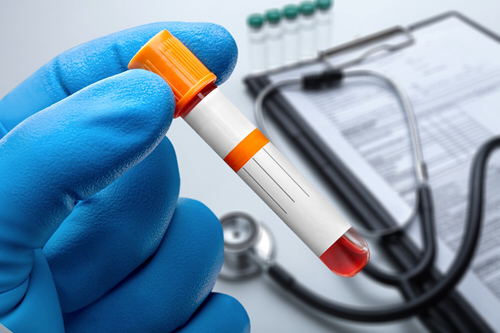
Hepatitis
Viral hepatitis, such as hepatitis A (HAV), hepatitis B (HBV) and hepatitis C (HCV), is diagnosed by your symptoms, a physical exam and blood tests. Sometimes imaging studies such as a sonogram or CAT scan and a liver biopsy are also used.
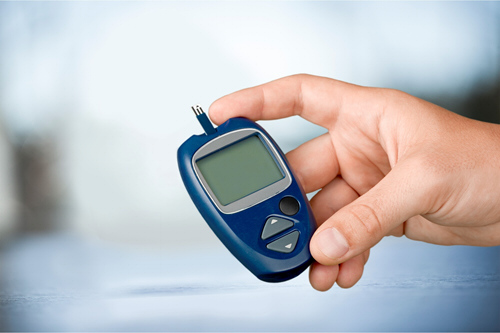
Diabetes
The blood tests show if your blood glucose level, also called blood sugar, is higher than the range that is healthy for you. Blood tests can also help identify the type of diabetes you have. Anyone who has symptoms of diabetes should be tested for the disease.
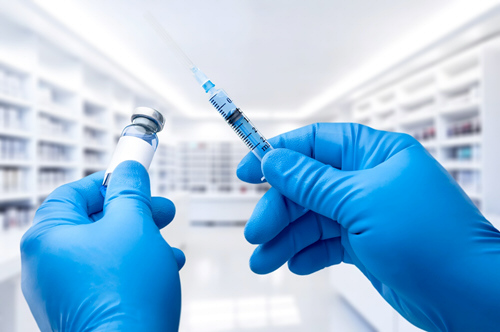
HORMONES
Blood or urine tests can determine the levels of various hormones in the body. This includes reproductive hormones, thyroid hormones, adrenal hormones, pituitary hormones, and many others. For more information, see:
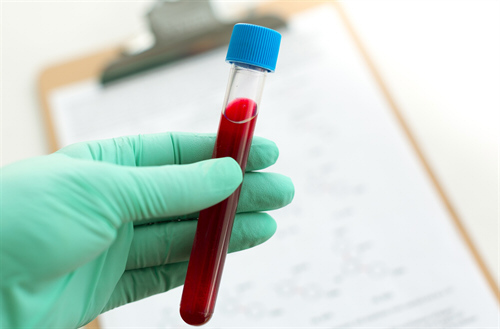
BLOOD TEST
Blood test is one of the most common tests healthcare providers use to monitor your overall health or help diagnose medical conditions. You may have a blood test as part of a routine physical examination or because you have certain symptoms.
